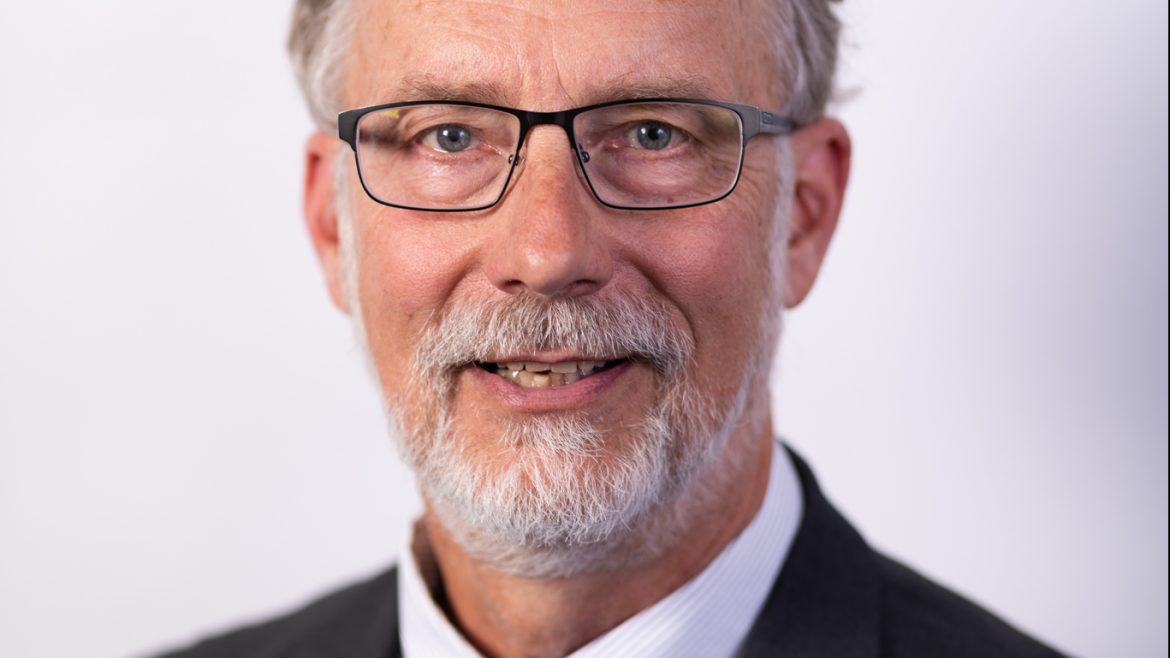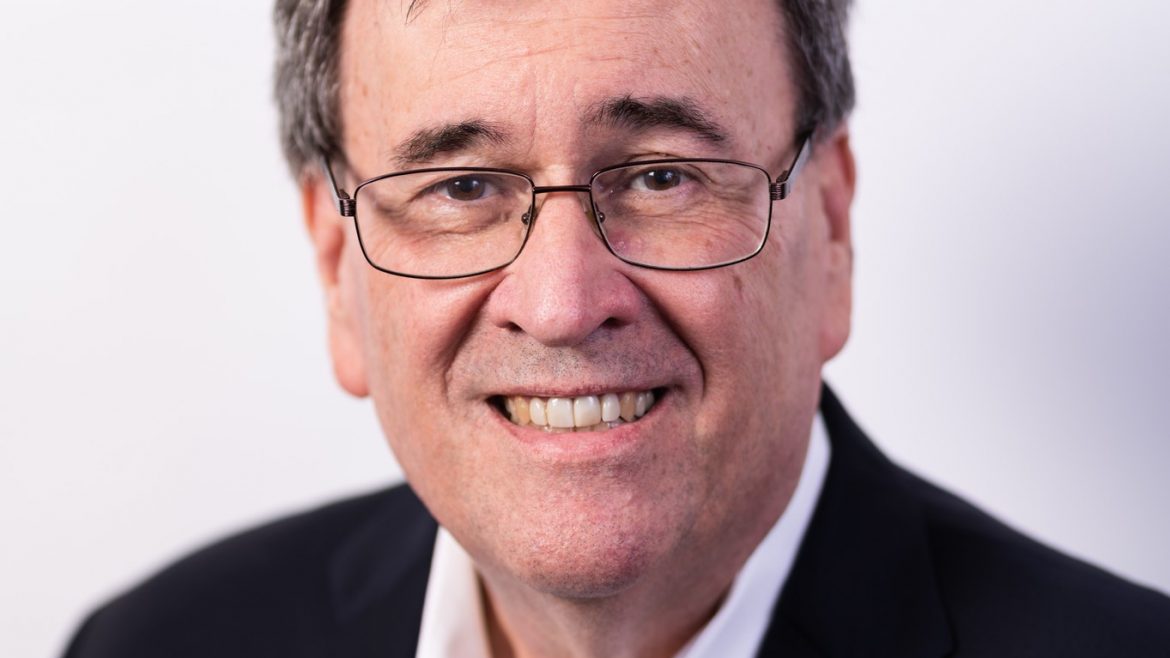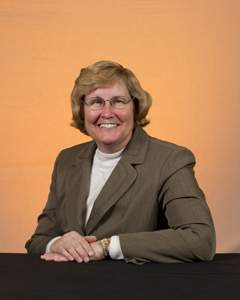Dear Vincentian Friends,
I wish each of you a blessed Christmas and pray that you may experience the joy of the season.
The Manual of the National Council of the United States tells us, “Central to an understanding of Vincentian spirituality is the Mystery of the Incarnation, the mystery and grace that God became human. Vincentians expect God in the unexpected: in unexpected people, times, ways and places. God wears a human face. When we see Jesus in others and try to be Jesus for others, the Mystery of the Incarnation comes alive for us.”
I invite you to ponder this profound way of understanding the Incarnation. Let it influence how you understand this joyful season and give meaning to how you live your Vincentian vocation.
As you encounter family, friends, coworkers and our neighbors in need this Christmas season and beyond, I hope you will be blessed with the grace to experience in them the presence of God among us.
Serviens in spe,
Ralph Middlecamp
National Council President




